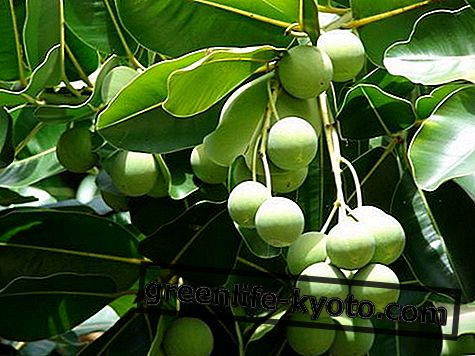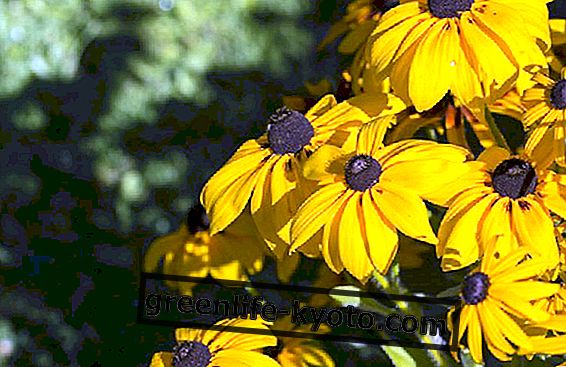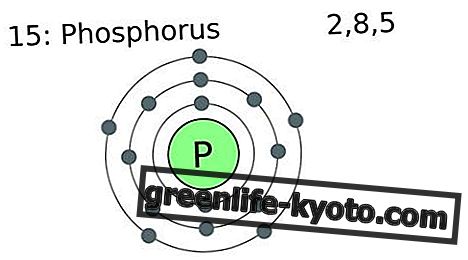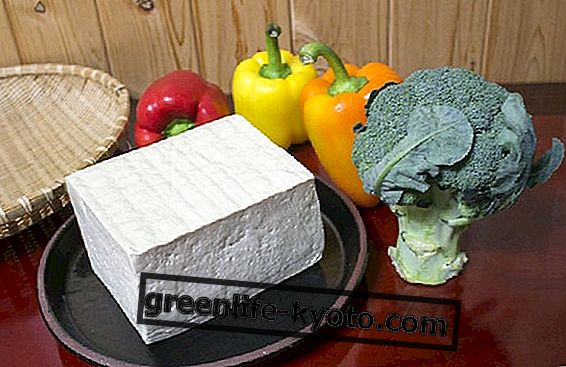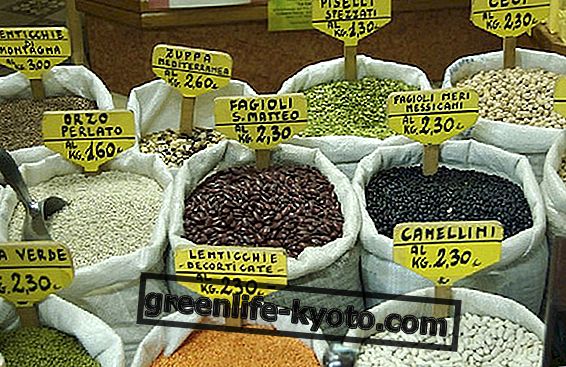
The mosquito repellent plants have scents and odors which are unpleasant to mosquitoes and insects and have this characteristic plants and aromatic herbs.
In fact these plants are rich in highly perfumed essential oils that for some insects are irresistible and approach the plant usually for pollination while for other insects such as mosquitoes these aromas are repellent and are kept away.
Anti-mosquito aromatic plants
Here are the main mosquito repellent plants which, thanks to their fragrance, keep these annoying insects away.
Also read 10 plants to purify the air in the office >>
Lavender
Among the anti-mosquito plants we have all the species of lavender that besides keeping the mosquitoes away can manage to pass the itch once the insect has stung; in fact, in many post-puncture lotions, lavender is one of the main ingredients .
Mint
Mint is an insect repellent, especially ants . It also has an excellent ability to calm the itch after an insect bite thanks to menthol and other active ingredients present in its essential oil. These substances are capable of activating the nerve endings and allow the skin to perceive a sensation of freshness which makes itchy .
The aroma of mint is particularly unwelcome even to mosquitoes and therefore it can be a good idea to create areas of mind and other aromatic plants in the areas where the garden is most frequented to keep mosquitoes away.
Citronella and lemon verbena
Citronella and lemon verbena are other aromatic plants that are very repellent to mosquitoes and in fact are widely used in mosquito repellent products such as sticks, sprays or lotions to be applied to the skin or in aroma diffusers in the air.
The basil
Basil is another very common aromatic plant, easy to grow, that loves good watering and a warm climate. The aroma of the basil is very pleasing to the man who uses it in many dishes especially in summer when it is his season, while the mosquitoes do not like this fragrance and stay away from the windows that have lush vases of basil.
The geranium
Geranium is certainly an excellent ornamental plant that can perform a good anti-mosquito action . The varieties of geranium are varied and range both in shape and color. Mosquitoes do not like the smell of flowers and especially of the plant itself and avoid getting close.
Some varieties are hanging and create a very beautiful theatrical effect when the windows of the whole house are framed by the windowsill vases.
All the tricks to keep mosquitoes away in a natural way
How to use anti-mosquito plants
Plants rich in essential oils can easily be grown at home, on windowsills or on the balcony so that plants are placed near windows and doors can keep insects and mosquitoes outside the house.
Even in the vegetable garden, especially in the mode of cultivation of synergistic agriculture, we find many aromatic plants that attract pollinating insects and instead are repellents for mosquitoes and other insects harmful to plants.
From these aromatic plants we can extract useful products such as essential oils or prepare herbal teas and infusions. Essential oils are more easily available in specialized stores such as health food stores because their extraction requires precise machinery and specific processes to obtain high quality products.
The costs of essential oils are quite high but this is due to the small percentages of essential oils inside the plants that must be in large quantities to obtain extraction. A 10 ml package will cost approximately € 12 and if you find much lower prices be careful because synthetic essential oils are sold.
The synthetic aroma is perceived differently by humans and even insects do not recognize it in the same way as those naturally extracted from the plant.
Anti mosquito repellent spray
An easy and effective recipe against mosquitoes you can prepare it at home with ingredients that we often have in the kitchen.
Here are the ingredients:
400 ml of white alcohol from sweets
50 ml of almond oil
a handful of cloves
Using white sweet alcohol we can macerate cloves in alcohol with sweet almond oil; leave everything inside a previously cleaned vase; after 3 days we filter the extract eliminating the cloves.
To the product we can add a few drops of essential oils such as lavender, mint, citronella, thyme, basil being careful not to exceed a maximum of 10 drops per 500 ml of product.
Finally, part of the product can be placed in a small 50 or 100 ml spray to be used if necessary; the method of use is in fact necessary and therefore we will spray our extract directly on the skin which will keep the mosquitoes at a distance.
The smell is particularly strong but still pleasant. A single warning is to not spray on the skin that has wounds or small abrasions because alcohol would produce a strong burning sensation.




